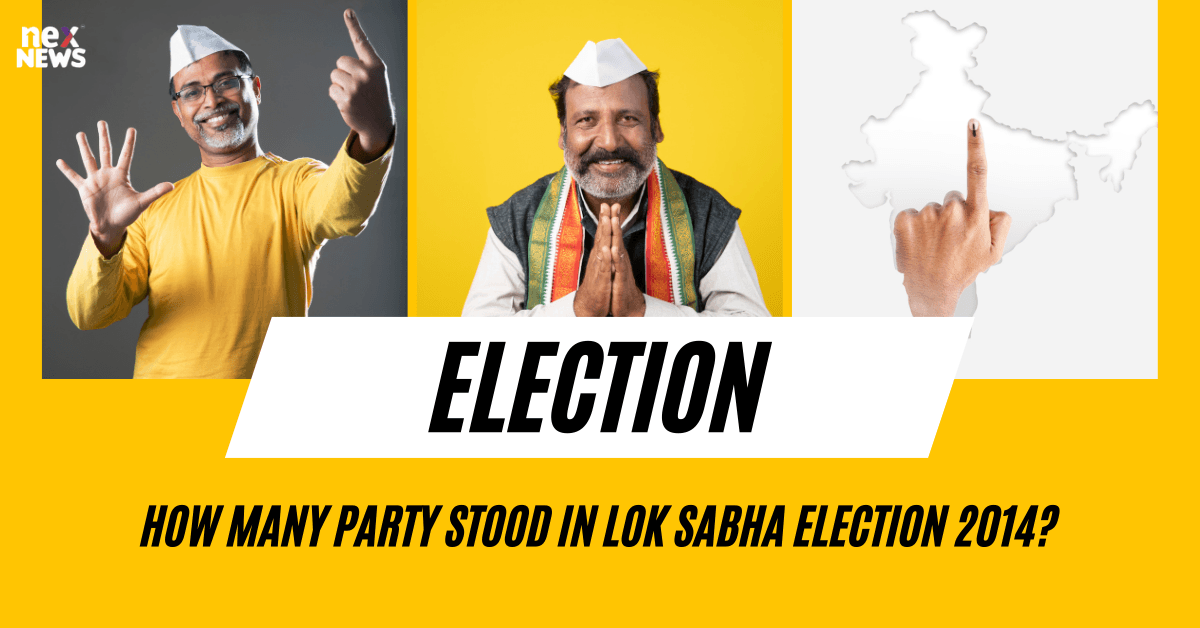Major Political Parties in Lok Sabha Election 2014
The Lok Sabha Election of 2014 witnessed the dominance of two major political parties in India - the Indian National Congress and the Bharatiya Janata Party. The Indian National Congress, led by Rahul Gandhi, faced a challenging political landscape characterized by anti-incumbency sentiment and a desire for change among the electorate. On the other hand, the Bharatiya Janata Party, under the leadership of Narendra Modi, presented a strong and dynamic campaign focused on development, good governance, and national security.
Both the Indian National Congress and the Bharatiya Janata Party employed robust election strategies, mobilizing their respective party machineries to reach out to voters across the country. The campaign rhetoric from both parties focused on addressing key issues such as corruption, economic growth, and social welfare. As the Lok Sabha Election unfolded, it became evident that the competition between these two major political forces would shape the political landscape of India for years to come.
Regional Parties in Lok Sabha Election 2014
Regional parties played a significant role in the Lok Sabha Election 2014, especially in states where they held sway over a large voter base. These parties focused on addressing local issues and championing regional interests, often offering alternatives to the dominance of national political parties. Through their targeted campaigns, regional parties were able to resonate with voters who felt marginalized or overlooked by mainstream political players.
In states like Tamil Nadu, West Bengal, Odisha, and Bihar, regional parties like AIADMK, Trinamool Congress, BJD, and JD(U) respectively, made noticeable impacts. Their strong regional identities and grassroots connections allowed them to win seats and influence the political landscape in their respective regions. The emergence of these regional parties highlighted the diverse and complex electoral dynamics at play in the Lok Sabha Election 2014, showcasing the importance of catering to local concerns in a country as vast and varied as India.
Independent Candidates in Lok Sabha Election 2014
In the Lok Sabha Election of 2014, a notable presence was observed by independent candidates who contested without the backing of any major political party. These candidates, often driven by personal convictions and issues close to their hearts, brought a diverse range of voices to the electoral arena. Some of them were grassroots activists, social workers, or individuals disillusioned with the existing political landscape, seeking to make a difference on their own terms.
While independent candidates may not have the resources or organizational support of established parties, they often provided a unique perspective on local issues and community concerns. Their campaigns were marked by a direct connection with voters, promising an alternative to traditional party politics and advocating for greater transparency and accountability in governance. Despite facing significant challenges, independent candidates in the 2014 Lok Sabha Election demonstrated the power of individual agency and the importance of grassroots movements in shaping the political discourse.
Alliances in Lok Sabha Election 2014
Alliances played a crucial role in the Lok Sabha Election 2014, with various political parties coming together to form strategic partnerships. These alliances were formed with the aim of securing a larger share of seats and creating a formidable front against their opponents. While some alliances were longstanding and based on ideological similarities, others were more opportunistic in nature, driven by the desire to maximize electoral gains.
The alliances in the Lok Sabha Election 2014 saw parties from diverse ideological backgrounds coming together, showcasing the importance of coalition politics in the Indian political landscape. These alliances not only influenced the voting patterns but also shaped the post-election scenarios, with many parties having to navigate complex power dynamics within the alliances. The alliances also provided smaller regional parties with a platform to have a greater impact on the national political stage, highlighting the significance of political collaborations in the democratic process.
Newly Formed Parties in Lok Sabha Election 2014
The Lok Sabha Election of 2014 witnessed the emergence of several newly formed parties on the political landscape of India. These parties, though relatively new, managed to garner attention and support from various sections of the electorate. With fresh ideologies and promises, these parties aimed to challenge the dominance of the established political players.
The presence of these newly formed parties added an element of novelty and unpredictability to the electoral scenario. Some of them managed to make significant inroads, while others struggled to leave a lasting impression. Despite their diverse backgrounds and agendas, these parties collectively reflected the growing aspirations and demands of the Indian populace.

POST A COMMENT (0)
All Comments (0)
Replies (0)